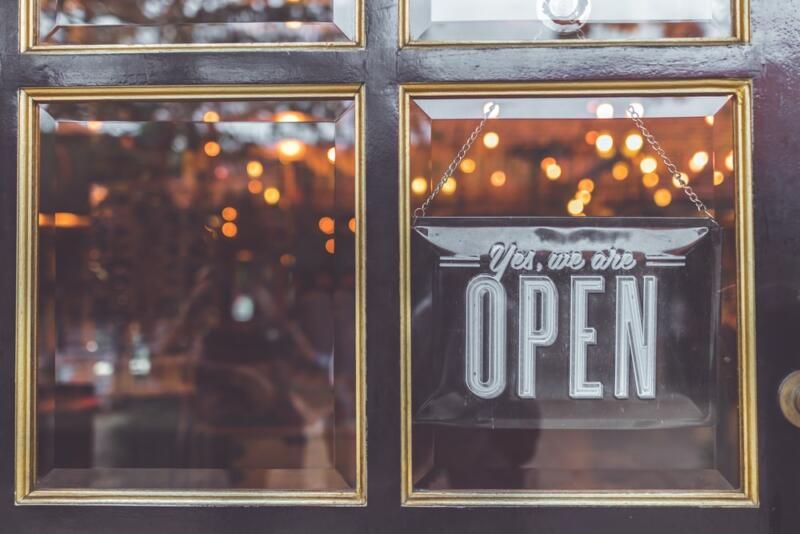California Governor Lifts Stay-At-Home Orders and Extends Eviction Moratorium
By SUNITA SOHRABJI/ EMS Contributing Editor
California Governor Gavin Newsom lifted the state’s Stay-At-Home orders, effective immediately Jan 25, based on projections of intensive care unit capacity next month.
At an afternoon briefing the same day, the governor also announced that a statewide eviction moratorium, set to expire on Jan. 31, has been extended to June 30. California will use $2.6 billion in federal funds to help low-income tenants and small landlords manage past-due rent. The plan will also help low-income renters pay their utility bills.
Speaking about the lifting of the stay-at-home order, Newsom explained that the state was projecting ICU capacity throughout its five regions, with an expectation that each region would be well above the 15 percent baseline by Feb. 21. The state is also looking at projected transmission rates and the proportion of cases admitted to the ICU.
Just 10 days ago, much of the state was at 0 percent ICU capacity.
But the state has predicted that ICU capacity in Southern California will rise to 33.3 percent by Feb. 21; in the San Joaquin region, ICU capacity is expected to rise to 22.3 percent, and in the San Francisco Bay Area, ICU capacity is expected to rise to almost 19 percent.
California comes in at 26th in a ranking of states by COVID positive tests. Currently, 8 percent of people are testing positive for the virus, a drop from 13.4 percent at the beginning of the year. Hospitalization rates are also down, with a consistent 9.5 percent decrease statewide over the past 14 days.
54 out of 57 counties in California remain in the most restrictive purple tier. Residents of those counties will now be able to enjoy outdoor dining, outings to modified hair and nail salons, as well as outdoor youth sporting events.
The lifting of the stay-at-home order comes as California finds itself grappling with a new mutant variant of the virus, known as B1429: 456 cases have been reported thus far. About 90 cases of the B117 variant, first identified in the U.K., have been identified in the state, primarily in San Diego.
“We are very concerned about this mutant variant, said Dr. Mark Ghaly, secretary of the California Health and Human Services Department. “We don’t know enough about it yet. Is it more contagious? Is it more virulent? We have an opponent we have ner seen before.”
The state is doing a pilot test of MyTurn, an app that allows Californians to sign up and determine when they will receive the COVID vaccine. The state has partnered with SalesForce, Accenture, and Skedulo and is conducting its pilot in Los Angeles and San Diego counties. The app should be available statewide by early February. Providers can also use the information to quickly submit data to state and federal agencies.
Newsom said the state was administering about 120,000 doses of the vaccine each day, far above President Joe Biden’s expectations of 100 million doses administered by April.


